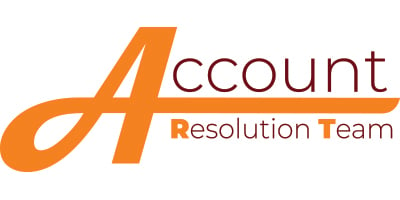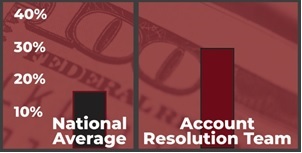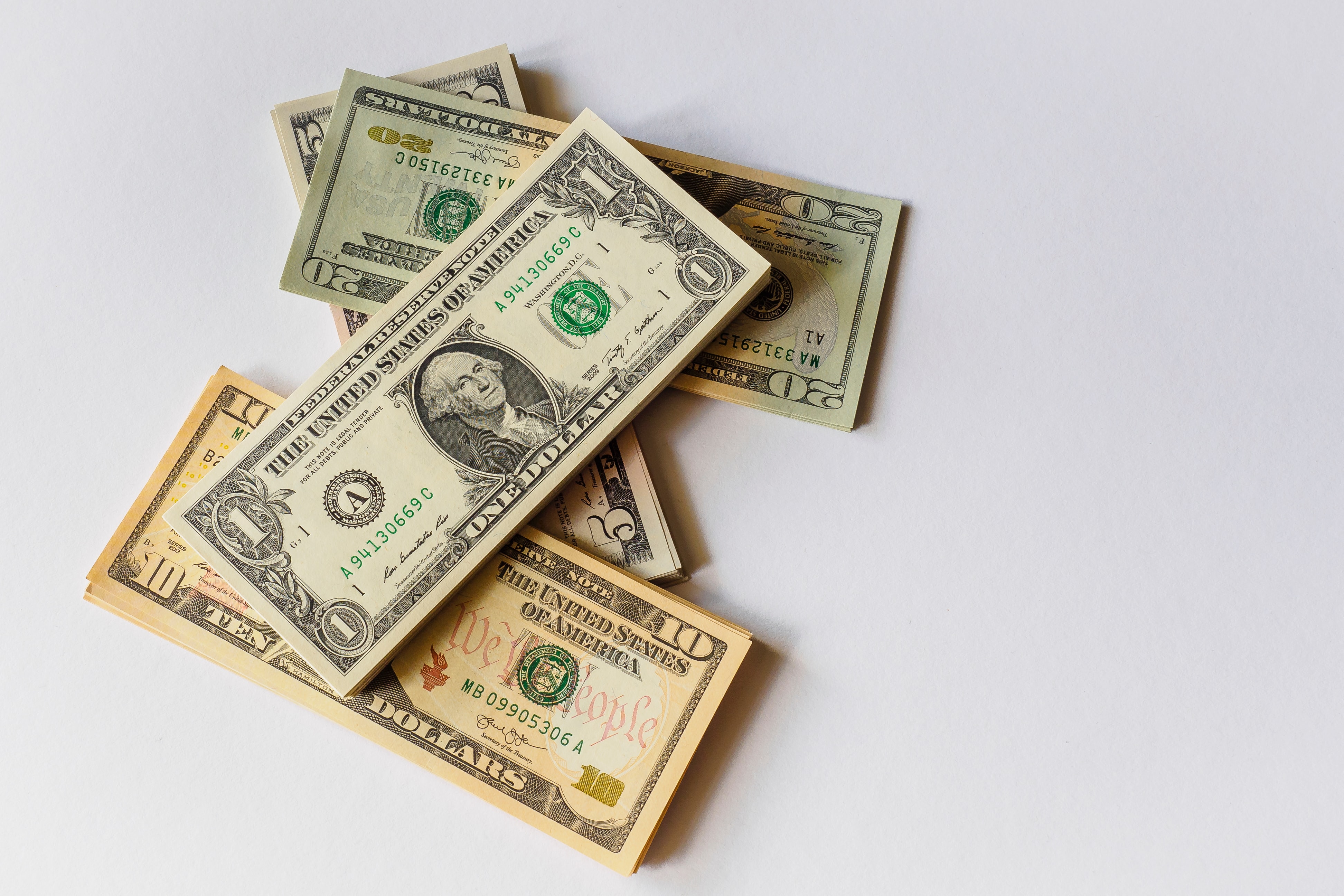It’s an unopened bill, an ignored phone call, a deleted voicemail. Sticking those bills in a drawer or straight into the trashcan doesn’t make the debt go away; in fact, doing so could actually be making you and your family sick.
Emily Herrington
Recent Posts
The Battle of the Bill: The Psychology of Unpaid Debt & Denial
Topics: Insider, old debt, debt collections, get out of debt, how to get out of debt, unpaid debt, being debt free
What is the Rate of Recovery in Debt Collections?
You want your money, it’s as simple as that, and you deserve it! Not all collection agencies are the same. The overall success rate for a collection agency is determined by their rate of recovery. Rate of recovery is the percentage of money recovered on your debtor’s delinquent accounts. This formula at its simplest is like this; if a collection agency recovers $250 on a $2500 placement, their rate of recovery is 10%. When an agency has many clients in various different industries such as healthcare, banking, and leasing, their rate of recovery can be calculated by industry, and also collectively as a whole.
Topics: Insider, Collection Strategy
The Importance of Customer Retention in Debt Collections
In the debt collection industry, customer retention is a key component to measuring success. For example, a bad collections experience can push debtors towards competitors and even affect your reputation as an agency. However, in many cases collection agencies are subconsciously viewed by the debtor as an extension of the client’s business. This means that any opinions or emotions the debtor develops towards your agency are often associated with the client’s business.
Topics: Insider
Ashley has received six consecutive payment reminders for her past-due credit card balance. Due to her sub-par credit score, her debt gets sold to a collections agency where she begins to receive phone calls and letters requesting payment. When Ashley is finally ready to make a payment, she returns the call to the collection's agency to be greeted and assisted by an AI-powered virtual agent to make a payment on her balance.
Topics: Collection Strategy, Technology
Did you know that 61% of consumers have been negatively impacted by COVID-19? The greatest increase in bad debt began in March 2020, and as a result, the largest phase of third-party collections is estimated to begin in October of 2020, extending well into 2021.
Topics: Insider, Collection Strategy, Compliance, Technology, old debt, debt collections, collection agency, unpaid debt, revenue
Life as we know it revolves around technology. Business functions, processes, communication, information, and productivity all rely on some form of technology whether it’s your computer, cloud storage and data center, telephone, or even the software you use on a daily basis. For the collections’ agency, this reliance on technology is no different. Earlier on the blog, we discussed technological needs in collections. But what we haven’t discussed is how technology has evolved the collections process. Since it first began, the art of collections has changed tremendously. Now, the collections industry relies on the use of technology to communicate, store, and analyze information like analytics, automation, and Compliance Management Systems (CMS). If you're not using an agency with the latest technological advancements in debt collection, you may even ask yourself if you're doing it wrong.
Topics: Insider, Collection Strategy, Technology, debt collections, collection agency
Debt Collection 101: Regulations and Compliance
Compliance management is a disciple that can not, and should not be taken lightly no matter what industry you are in. However, when it comes to collections, it is even more pertinent to success. Over the years, new regulations and compliance policies are enforced and/or amended, differentiating the way agencies collect and emphasizing the need for adaptation. Although collectors are legally entitled to attempt to collect all owed debts, there are restrictions on the methodology they utilize including the Fair Debt Collection Practices Act, Fair Credit Reporting Act, and Software Compliance.
Topics: Insider, Collection Strategy, Compliance, Technology, debt collections, collection agency
From self-isolation to job loss, and most importantly, the tragic loss of family members and friends, COVID-19 has affected every individual in some way; not one person is exempt from the perils of this economic and physical state of emergency. With new restrictions hitting the headlines daily regarding debt collection, and the historical negative perception of debt collectors, many regulators called for a stop in collections activity. However, this may actually cause more stress for people impacted by financial difficulties caused by COVID-19.
Topics: Collection Strategy, COVID-19, Technology, old debt, debt collections, collection agency, accounts receivable, outsourcing, revenue
Though we may not like it, debt is often a necessary part of life, meaning there's absolutely no shame in borrowing from time-to-time. Unfortunately, many people find themselves in these financial situations simply because they do not know how to handle the collection process. When this happens, debt just continues to pile up, leading to negative outcomes.
Topics: Insider, Collection Strategy, Technology, debt collections, collection agency, accounts receivable, revenue, recovery rate
Advancements in technology have left a massive impact on the business world, and this is no different for the collection industry. Technology has made it easier for collectors to stay up-to-date by tracking the status of unresolved accounts, contact debtors, and, collect payments. No matter what your business goals are—to collect, gather insights, gather questions answered, or all of the above–odds are that technology has streamlined the process including remote agents, chatbots, and online bill pay.
Topics: Collection Strategy, Compliance, Technology, debt collections, collection agency, recovery rate



.jpg)




.jpg)



